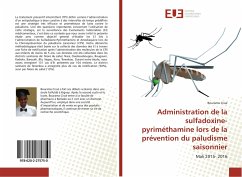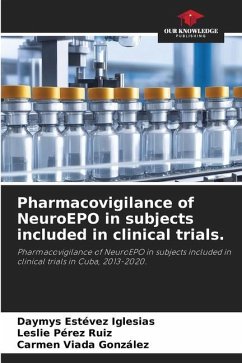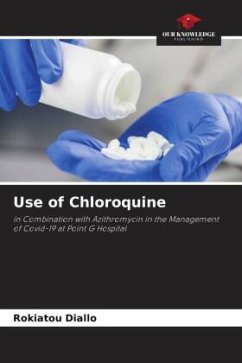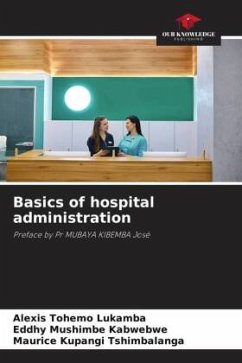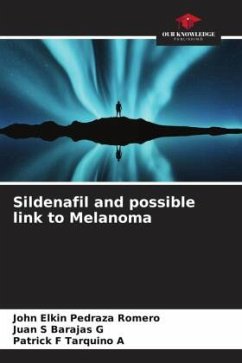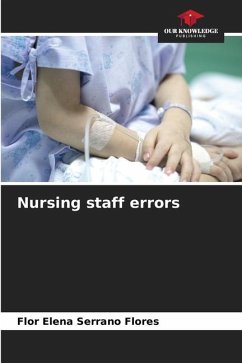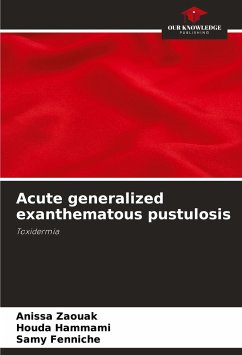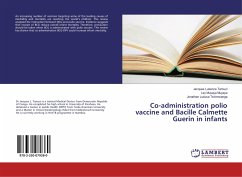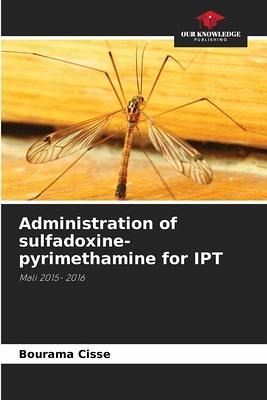
Administration of sulfadoxine-pyrimethamine for IPT
Mali 2015- 2016
Versandkostenfrei!
Versandfertig in 6-10 Tagen
27,99 €
inkl. MwSt.

PAYBACK Punkte
14 °P sammeln!
Intermittent preventive treatment (IPT) defined as the administration of a curative dose of an antimalarial drug at predefined time intervals is a very effective and promising strategy for malaria control. One of the important issues concerning the use of this strategy is the monitoring of adverse drug events (AEs), and it is in this context that we initiated the present study with the general objective of investigating AEs related to the administration of Sulfadoxine-Pyrimethamine and Amodiaquine during seasonal malaria chemoprevention (CPS). Our methodological approach was based on the colle...
Intermittent preventive treatment (IPT) defined as the administration of a curative dose of an antimalarial drug at predefined time intervals is a very effective and promising strategy for malaria control. One of the important issues concerning the use of this strategy is the monitoring of adverse drug events (AEs), and it is in this context that we initiated the present study with the general objective of investigating AEs related to the administration of Sulfadoxine-Pyrimethamine and Amodiaquine during seasonal malaria chemoprevention (CPS). Our methodological approach was based on the collection of data on AEs through a reporting form after the administration of SPC molecules to children under 5 years of age. The data were collected in the health districts of: Nioro du sahel, Nara, Ouelessebougou, Bougouni, Kadiolo, Barouéli, Bla, Ségou, Koro, Tenenkou. During our study, we recorded 131 cases of AR presented by 104 children. The health district of Tenenkou recorded the most cases (50%), followed by Nioro du Sahel (13%).



